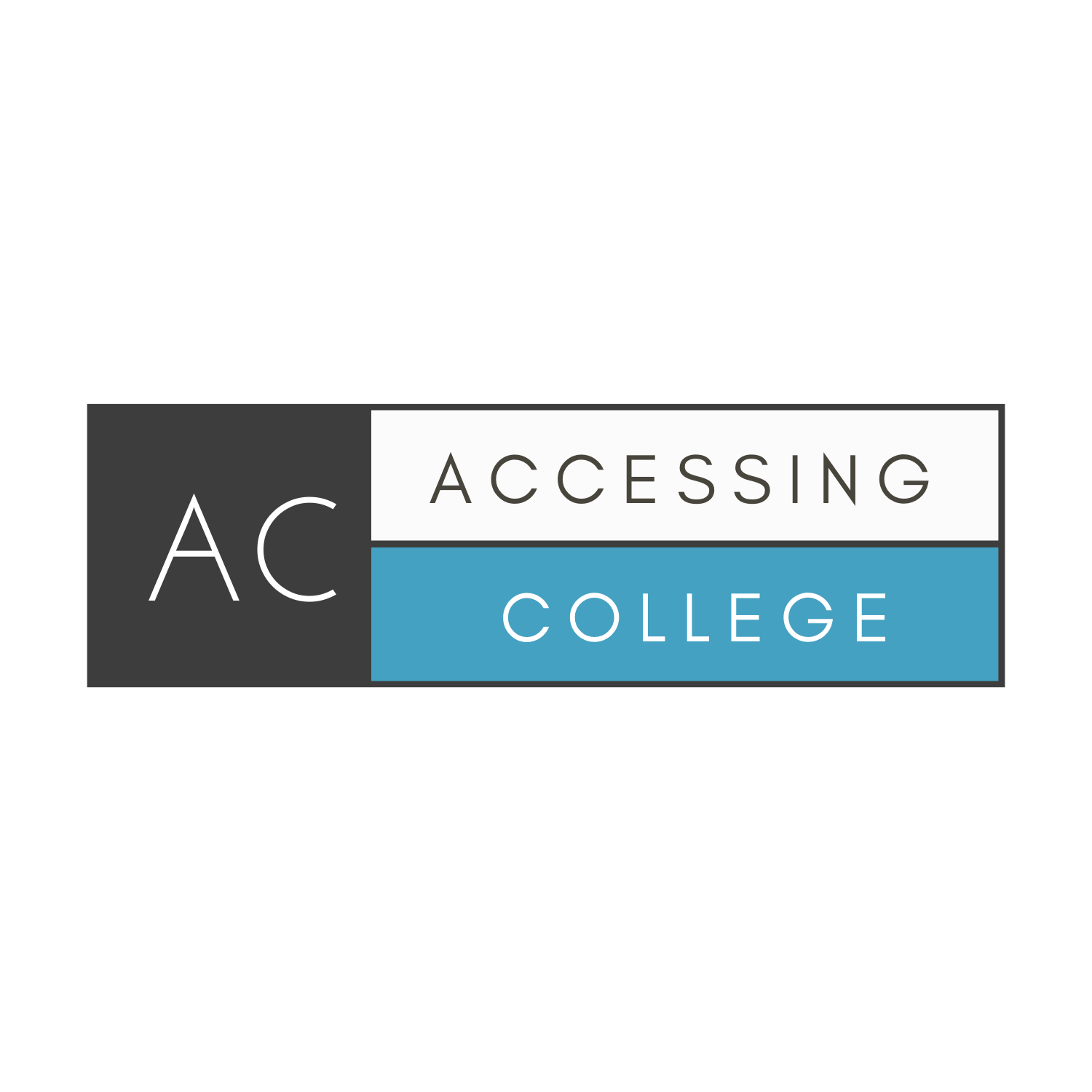Hey there, parents, guardians, and educators! Are you getting ready to send your high school graduate off to college? It’s an exciting time, but it can also be a little nerve-wracking, especially if your child has a diagnosis that’s been kept under wraps. In this episode of After The IEP, we’re diving into the vital reasons why you should tell them their diagnosis.
Imagine sending your young adult into the world without giving them a map. That’s what happens when they don’t know their diagnosis. It’s like setting out on a journey with no idea where you’re headed. We’ll explain how this simple revelation gives them a correct starting point, helping them navigate their educational path with confidence.
But it doesn’t stop there. Once they know their diagnosis, it’s like turning on a light in a dark room. They become more self-aware. They start understanding their strengths and weaknesses, and it’s okay. In fact, it’s more than okay – it’s liberating. We’ll explore how this awareness leads to a better understanding of their deficits, and it’s the first step toward accepting and even embracing those differences.
Understanding their diagnosis isn’t just about knowledge; it’s about practicality too. Armed with this knowledge, they’ll know exactly what accommodations work best for them and which ones might not be the best fit. It’s like having a personalized toolkit for college success.
But here’s the biggie: when students know their diagnosis, they become more inclined to ask for accommodations and other forms of support. They’re not just taking their educational journey blindly; they’re making informed decisions about what they need and aren’t afraid to reach out for help when necessary.
So, join us in this episode as we explore the importance of sharing that diagnosis with your college-bound student. It’s a conversation that empowers them, builds their self-awareness, and helps them succeed in college. We promise you’ll walk away with a fresh perspective and a clear understanding of why “You Need To Tell Them Their Diagnosis.” Don’t miss it – your child’s success could depend on it!



